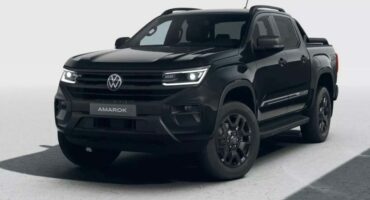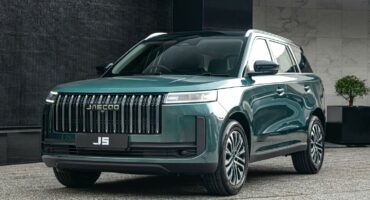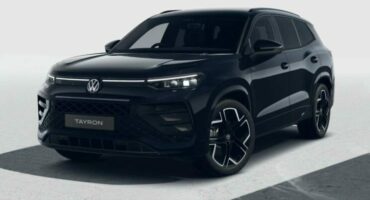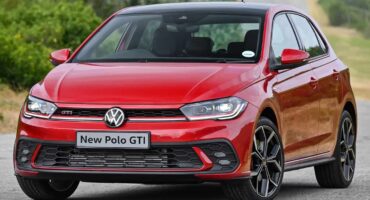What performance can you expect from a hybrid car?
Those who invest in a hybrid or battery-driven car do it for environmental reasons but still expect excellent performance.

Fuel economy and the environment are top-of-mind when consumers consider purchasing a hybrid vehicle; they want a car that’s as frugal as possible and they want to limit their environmental footprint.
But, can hybrids and performance go hand-in-hand? And how do they compare to cars with internal combustion engines (ICE)?
First and foremost, when excluding range-extender electric vehicles (REEVs), there are three main types of hybrid cars, namely full hybrids, plug-in hybrids and mild hybrids.1.
A full hybrid can run purely on the internal combustion engine, which can be fuelled by petrol or diesel. It can also run on its electric engine – or it can run on a combination of the two – and it is self-charging – a popular local example can be found in the form of the Toyota Corolla Cross Hybrid. With plug-in hybrids on the other hand, the same applies – but these vehicles must be plugged into the mains to fully recharge. Finally with a mild hybrid, the internal combustion engine and electric engine always operate together – think of it as an electric turbo-charger.
With that as background, how do these hybrids fare when it comes to performance? Well, it’s impossible to make a blanket statement when it comes to performance and types of hybrids. Instead, it’s necessary to look at individual models – so let’s do exactly that by examining three hybrids: one that is more affordable, one mid-priced and one on the more expensive side.
A more affordable hybrid is the aforementioned sibling, the Toyota Corolla Hybrid. It comes with a 1.8-litre petrol engine, an electric motor and a CVT gearbox. According to data provided by AutoTrader you can snatch up this car for an average price of R470 585 with an average mileage of 15 220 km and an average year of registration of 2022. It takes a mediocre 11.96 seconds to go from a standstill to 100 km/h.
Moving up in the price stakes, there is the Lexus IS 330h which is listed for an average price of R837 359, with an average mileage of 13 348 km and with an average year of registration of 2022³. Also a full hybrid, it boasts a naturally aspirated 2.5-litre, four-cylinder petrol engine combined with an electric motor and a small battery. Like its Toyota sibling, it also has a continuously variable transmission (CVT). The zero to 100 km/h sprint takes 8.7 seconds. A similar combustion engine car such as the 2022 BMW 320i takes about 7.4 seconds to do the same.
Finally, there is the Ferrari SF90, listed for an average price of R14 937 775 (average mileage of 631 km; average registration of 2022). This car is a technological wunderkind. It is the first Ferrari to feature plug-in hybrid electric vehicle architecture. Its internal combustion engine is integrated with no fewer than three electric motors, two of which are independent and located on the front axle, with the third at the rear between the engine and the gearbox. It rockets from a standstill to 100 km/h in an eye-watering 2.5 sec2. A comparison with a car with an internal combustion engine isn’t relevant; the SF90 is peerless. And it certainly proves that hybrids and performance can go hand-in-hand.
Top 10 most enquired hybrid models in Q1 2023³

Source: Nikki Chennells




